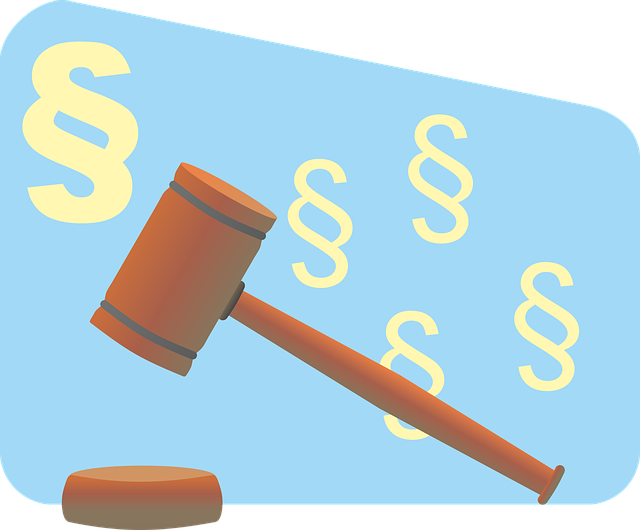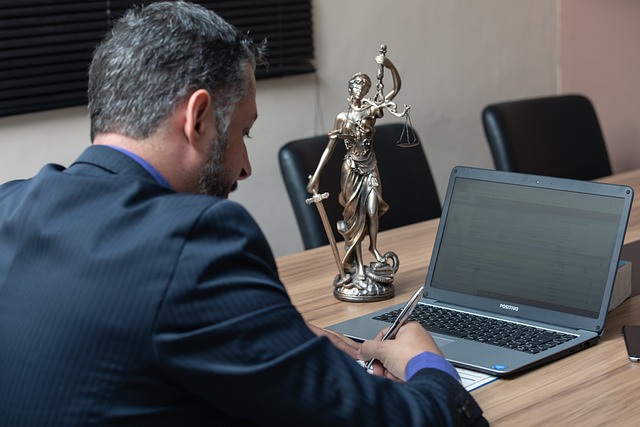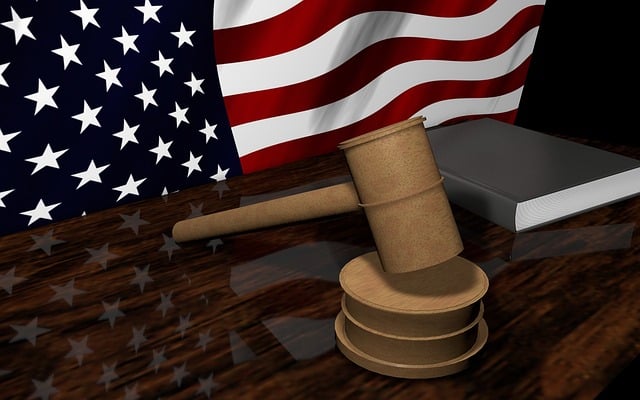Public corruption charges, ranging from bribery to abuse of office, have wide-reaching effects beyond the accused individual. Successful prosecutions set precedents, but inconsistent approaches erode public faith in justice. Individuals facing such charges or harmed by corruption should consult legal experts early on to understand their rights and options, including personal injury claims. Unlike personal injury claims where directly affected individuals have standing, public corruption cases typically require government agencies or private citizens suffering specific damages like fraudulent activities or breaches of fiduciary duty to bring forth a claim. The process involves gathering strong evidence, documenting damages, and consulting specialized legal counsel. Understanding how to file a personal injury claim is crucial for victims seeking justice against corrupt officials, aiming for charge dismissal through robust documentation and experienced representation.
“Public corruption charges pose a significant threat to societal integrity, undermining democratic principles and hindering economic growth. Understanding these charges and navigating legal implications is crucial for victims seeking justice. This article guides you through the process of filing a personal injury claim against corrupt officials, exploring key steps such as establishing standing, gathering evidence, and understanding potential damages. Learn how to take action and seek compensation using legal avenues like How to File a Personal Injury Claim.”
- Understanding Public Corruption Charges: Definition and Legal Implications
- Who Can File a Claim? Establishing Standing in Corruption Cases
- The Process of Filing a Personal Injury Claim Against Corrupt Officials
- Evidence Requirements and Gathering Compelling Documentation
- Potential Damages and Compensation for Victims of Public Corruption
Understanding Public Corruption Charges: Definition and Legal Implications

Public Corruption Charges refer to allegations of illicit behavior by individuals in positions of public power or trust, involving misuse of their authority for personal gain. This can manifest as bribery, fraud, abuse of office, and other forms of dishonest conduct. Understanding these charges is crucial, especially when considering how to navigate legal processes subsequent to an incident. When a person faces public corruption accusations, it triggers a series of legal implications that can significantly impact their future.
The ramifications extend beyond the immediate case, as they often reflect on the integrity of institutions and systems. In high-stakes cases involving white collar and economic crimes, an unprecedented track record of successful prosecution can set precedents for future investigations. Conversely, a weak or inconsistent approach to such charges may undermine public faith in the justice system. For individuals involved, consulting legal experts early is key to understanding their rights and options, particularly when considering how to file a personal injury claim as a result of alleged corruption-related harm.
Who Can File a Claim? Establishing Standing in Corruption Cases

In public corruption cases, establishing who can file a claim is crucial. Unlike personal injury claims where individuals directly affected by an incident have standing to sue, corruption cases often involve complex legal landscapes. Typically, government agencies or private citizens who have suffered specific damages as a result of corrupt acts can bring forth a claim. This can include losses incurred due to fraudulent activities, misappropriation of public funds, or breaches of fiduciary duty by public officials.
The process of establishing standing in corruption cases mirrors that of a personal injury claim—both require demonstrating a direct and measurable harm. However, unlike personal injury claims which often involve physical or emotional trauma, corruption cases deal with economic losses, reputational damage, and the erosion of democratic principles. To avoid indictment and successfully navigate these cases, individuals or entities must carefully document their damages, gather compelling evidence, and consult experienced legal counsel specializing in white-collar defense strategies across the country.
The Process of Filing a Personal Injury Claim Against Corrupt Officials

When dealing with public corruption charges, understanding how to file a personal injury claim is crucial for victims seeking justice. The process begins by gathering evidence and documenting any injuries or damages incurred as a result of the corrupt official’s actions. This may include medical records, photographs, and witness statements. Once this information is compiled, individuals should consult an experienced attorney who specializes in personal injury law and public corruption cases.
An attorney can guide for his clients through each step, ensuring that all legal requirements are met. They will draft and file the claim on behalf of the victim, aiming to secure a complete dismissal of all charges against them. With an unprecedented track record of success, these lawyers fight tirelessly to protect the rights of their clients and deliver a favorable outcome.
Evidence Requirements and Gathering Compelling Documentation

When navigating the complex landscape of public corruption charges, understanding the evidence requirements is paramount to building a strong case. To successfully prosecute or defend against such accusations, both parties must gather compelling documentation that supports their respective narratives. This process involves meticulous research and strategic planning.
In terms of how to file a personal injury claim within this context, it’s crucial to collect and preserve all relevant records, including financial documents, communication logs, and witness statements. The prosecution needs to demonstrate beyond a reasonable doubt that illicit activities occurred—a task that relies heavily on the quality and quantity of evidence presented. For individuals accused of white-collar and economic crimes, achieving extraordinary results often hinges on how effectively they can defend their actions through proper documentation while aiming for a complete dismissal of all charges.
Potential Damages and Compensation for Victims of Public Corruption

When individuals or businesses become victims of public corruption, such as fraudulent activities by government officials, they may face significant financial losses and other adverse impacts. The damages from public corruption can be wide-ranging, including direct monetary losses, reduced business opportunities, reputational harm, and even emotional distress.
Victims of public corruption have legal recourse through How to File a Personal Injury Claim processes. By navigating all stages of the investigative and enforcement process, individuals and businesses can seek compensation for their suffering. Winning challenging defense verdicts in civil lawsuits is possible with robust evidence and experienced legal representation. Ultimately, the goal is to ensure that victims are adequately compensated for the harm caused by corrupt public officials, protecting their respective business interests and securing justice.
Understanding public corruption charges and navigating the legal process to file a personal injury claim is essential for victims seeking justice. By recognizing your rights, establishing standing, and gathering compelling evidence, you can hold corrupt officials accountable. Remember that each case is unique, so consulting with an experienced attorney who specializes in public corruption litigation is crucial to ensure the best outcome. Knowing how to file a personal injury claim effectively enables victims to seek compensation for damages sustained due to corrupt practices, thereby fostering transparency and accountability in public office.






